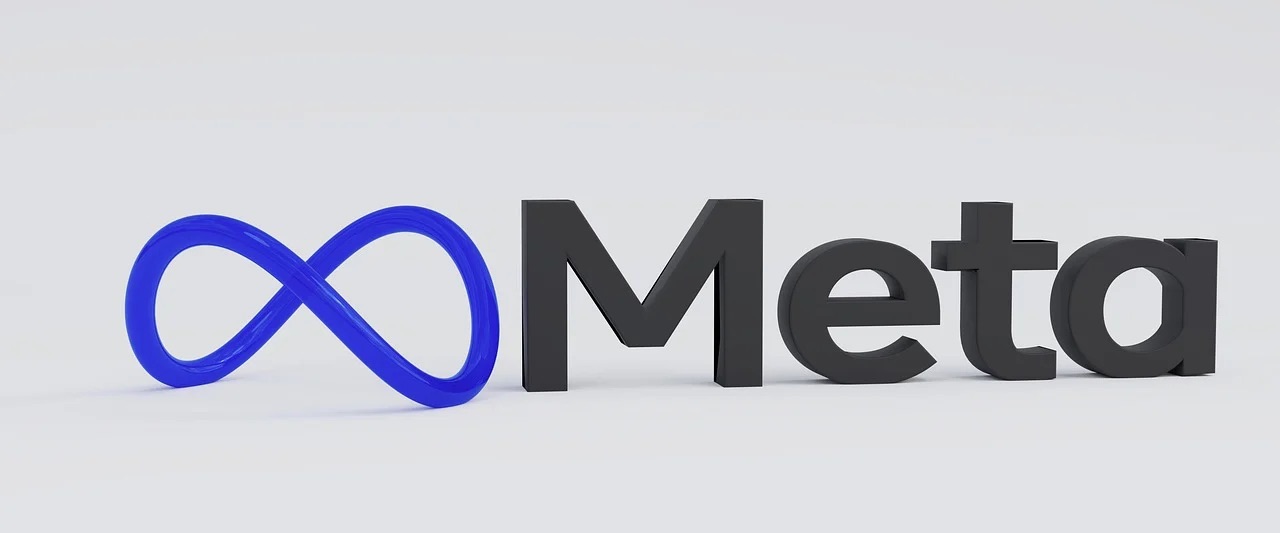
Meta’s VP of Generative AI, Ahmad Al-Dahle, responded to recent rumors that the company had tuned its AI models, Llama 4 Maverick and Llama 4 Scout, to perform well on specific benchmarks while hiding the models’ weaknesses. In a post on X, Al-Dahle called the claim “simply not true,” emphasizing that the company did not train its models on “test sets,” a practice that could artificially inflate the models’ benchmark scores.
The Origin of the Rumors
The rumors began circulating over the weekend, primarily on X and Reddit, fueled by a post from an alleged former Meta employee who claimed to have resigned in protest over the company’s benchmarking practices. The accusation was supported by reports suggesting that both Maverick and Scout performed poorly on certain tasks, leading to speculation about Meta’s intentions. Additionally, Meta’s decision to use an experimental, unreleased version of Maverick to achieve better results on the LM Arena benchmark contributed to the narrative.
Meta’s Response
Al-Dahle acknowledged that users may experience “mixed quality” with Maverick and Scout, depending on the cloud provider hosting the models. He explained that the models were released as soon as they were ready and that some fine-tuning might be necessary as different public implementations are adjusted. Al-Dahle assured users that Meta is working on bug fixes and collaborating with partners to improve the models’ performance over time.
While Meta has denied any intentional manipulation of benchmarks, the situation highlights the challenges AI companies face when releasing new models. As competition in the AI space intensifies, transparency around model performance and testing practices is crucial to maintaining trust with users and the research community.
Author’s Opinion
Meta’s denial of manipulating benchmark scores is a step in the right direction, but it underscores the need for greater transparency in the AI field. As AI technology continues to evolve rapidly, companies must prioritize clear and honest communication about how their models perform and the data they’re trained on. Without this transparency, skepticism and rumors are likely to persist, potentially damaging the credibility of even the most reputable companies in the industry.
Featured image credit: Pixabay
Follow us for more breaking news on DMR
